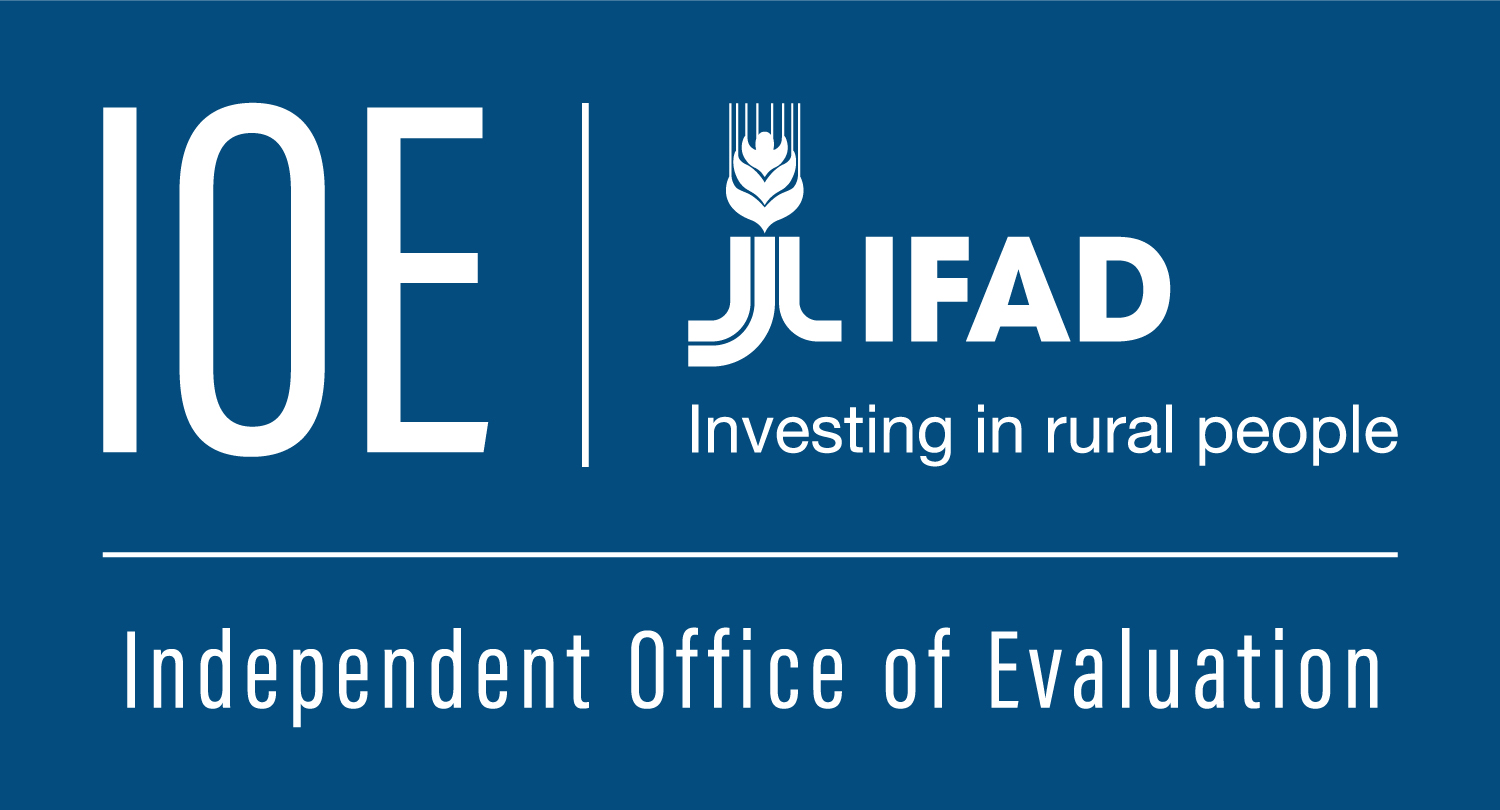
IFAD IEO Deputy Director
The Deputy Director, IOE, will assist the IOE Director in managing IOE as an effective, efficient and independent evaluation function of IFAD. The major functional activities will be the following:
- develop operational policies, methodologies and related instruments to enhance the independence and effectiveness of the independent evaluation function;
- ensure high-quality professional work by instituting the necessary enabling environment for and coaching of IOE staff, and setting quality standards for IOE outputs;
- oversee the quality control of IOE evaluation deliverables and publications;
- conduct corporate level evaluations, thematic evaluations, country strategy and programme evaluations or any other type evaluation assigned by the Director IOE, to assess the results of IFAD-wide corporate policies, strategies, business processes and organizational aspects. This will require leading evaluation team, preparing the evaluation methodology, leading the writing of evaluation reports and presenting the report to the key stakeholders;
- assist the Director, IOE, in the communication of evaluation results to partners and the general public; ensure that evaluation knowledge and lessons are fed in a timely manner into key IFAD processes for the formulation of policies, strategies and operations;
- promote dialogue and exchanges with IFAD management, senior IFAD officials and Executive Board members on evaluation issues of critical importance to IFAD;
- assist IFAD's operations and partner countries in their evaluation capacity development;
- represent IFAD IOE in international evaluation fora and networks, including in the United Nations Evaluation Group and the Evaluation Co-operation Group of the multilateral development banks.
MANAGEMENT OF RESOURCES: The Deputy Director will be accountable for integrity, transparency, and equity in the management of IOE resources (human, financial and material). This includes:
- People management through workforce planning, recruitment, performance management, learning and career management of Professional and General Service staff;
- Identifying best qualified candidates for vacancies, with appropriate regard for gender balance and geographic distribution;
- Motivating, coaching and supporting staff of the division to create cohesive teams that work effectively to achieve common divisional goals and objectives;
- Managing staff performance and development through regular performance feedback, mentoring and career planning.
- IOE budget management ensuring accountability and fiduciary integrity in IOE budget execution;
- Material resources management through accountability for the material resources assigned to the IOE;
- Knowledge and content management to achieve innovative outcomes and cost-effective processes as well as to promote the generation, validation and dissemination of knowledge by ensuring (a) knowledge content is continuously updated and available, (b) best practices are continuously identified, documented and distributed, and (c) appropriate and up-to-date information and tools are available as appropriate;
- Information Technology management through leveraging ERP functionality for improved business results, reporting processes and client services.
Key Performance Indicators
The Deputy Director's impact extends beyond the successful achievement of IOE goals and objectives to include larger goals and objectives in strategic planning collaboration. The expected results directly and/or indirectly benefit the ultimate stakeholders, the rural poor in developing countries.
The key performance indicators for the Deputy Director include leadership in viable strategic planning, authoritative and relevant policy development and advice, sustainable programme decisions and integrity and accountability in the planning and management of IOE's human, financial and material resources assigned to the division.
Working Relationships
Internally, the Deputy Director provides authoritative advice to the Director, IOE, on the office's vision, strategic planning, policy, and divisional programme and operational management. The incumbent is accountable for collaboration and coordination within the Office to ensure appropriate consultation, cross-functional synergy and coordination of programme planning and activities.
Externally, the Deputy Director develops strategic partnerships and collaborative relationships with IFAD and external counterparts spanning a broad range of institutions including borrowers, bilateral and multilateral development agencies, UN agencies, funds and programmes, IFIs, non-governmental organizations and academic institutions for the purpose of programme co-operation, knowledge sharing, policy dialogue and/or resource mobilization. The incumbent is also accountable for the provision of authoritative advice during Executive Board sessions, Evaluation Committee meetings, the annual Governing Council and related subordinate bodies including the audit and evaluation committees.
Full details available on the IFAD website. Application deadline 15th August.
